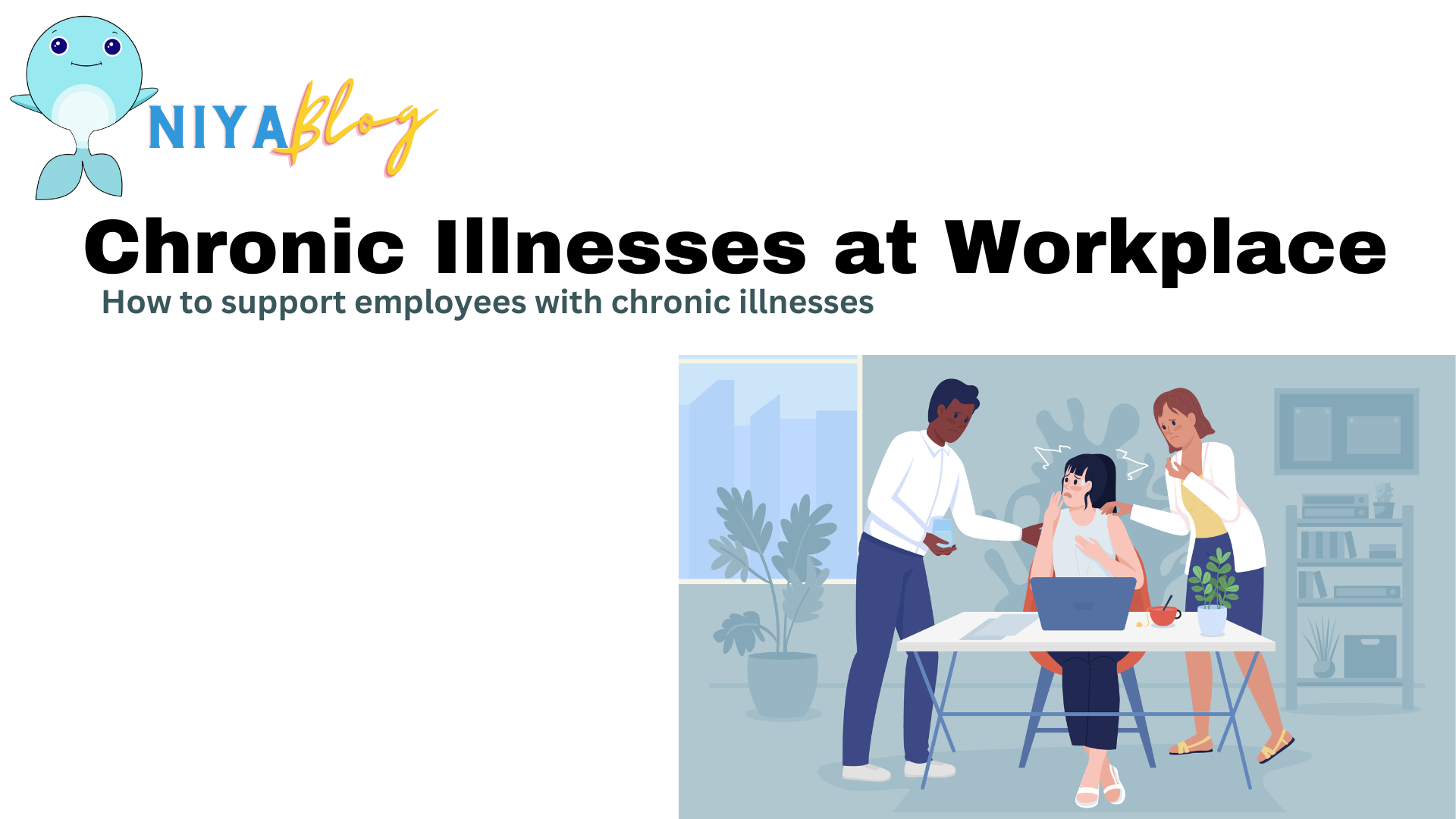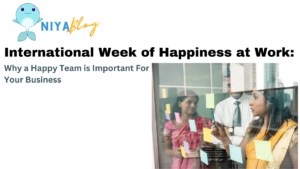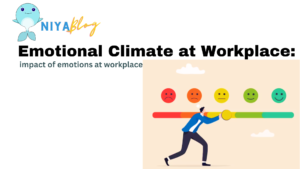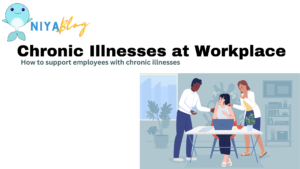
Having a chronic condition or illness has widespread consequences on multiple facets of an individual’s life. Along with the devastating physical consequences of having an illness, there comes a myriad of psychological and social consequences as well. As humans we value autonomy and control. Most illnesses or disabilities take away all or a portion of this prized autonomy, and the patient in most cases feels like an invalid or a dependent. Autonomy gives us a sense of competence and self-esteem, so individuals with chronic illnesses have high chances of suffering from low self-esteem.
Once an individual is employed, their job becomes a part of their identity. Their job gives them the autonomy that humans so desperately seek. However, a chronic illness can get in the way of optimizing your performance in a workplace setting. A chronic illness can cause physical and cognitive limitations that may eventually result in termination or early retirement. However, staying in work is vital for physical and psychological wellbeing. It contributes to an improved quality of life.
One of the greatest challenges faced by employees with chronic illnesses in a workplace setting is loss of productivity, sick leave, and/or job loss (Bosma, Boot, Snippen, et al, 2021). Financially, individuals with chronic illnesses are at a loss because they have higher medical expenditures in conjunction with the plausible loss of their job or a cut in their salary due to lesser work time. Frustration, social isolation, distress, and depression accompany chronic illnesses that can have serious psychosocial consequences such as quick mental fatigue, high distractibility, avolition (loss of motivation), and cognitive slowing. Fatigue, pain, and medication side effects are the physical consequences. These psychosocial and physiological factors combine to have detrimental occupational effects such as increased absenteeism, low quality work, demotion, and in extreme cases, termination. Obviously, these effects vary depending on the nature of one’s work and the severity of the illness, and there are individual differences with regard to the way an individual perceives their illness.
For instance, if the patient views their illness as a huge tragedy that is beyond their control, then it will increase their chances of facing difficulties in the workplace as well. However, if the individual views their illness as a part of who they are and as something that is within their control, there is a likelihood that they will make the necessary changes to their lifestyle such that they learn to live with it. In other words, those who belong to the latter group will make necessary adjustments in their place of work and will not allow the illness to interfere with occupational functioning.
What can you do to improve the workplace environment for employees or co-workers with chronic illnesses or disabilities?

Though discussed rarely. it is important to understand that the employee is not responsible for your emotional response to their chronic condition. Sympathy, fear, helplessness, and frustration are common emotional reactions to hearing about a known person’s diagnosis. However, it is important to keep those emotions in check in front of the employee and have an open mind so as to completely understand the illness and its implications. It is also essential that we broaden our understanding of the word “normal”. Everyone has different “cans and cannots”, and judging individuals solely based on certain personal assumptions and expectations indicates a lack of empathy and understanding of their condition. Beliefs such as, “your emotions are the one’s holding you back and not your illness”, or “If you are motivated enough, you cannot feel the pain” are indicators of narrow mindset in the context of chronic illnesses and their impact on occupational efficiency. Therefore, instead of offering unsolicited advice, it is wiser to ask questions first (such as what accommodations will need to be made).
Educating employees about their insurance policies will reinforce a sense of security which will aid in relieving a great deal of anxiety that comes with working as an individual suffering from a chronic illness.
Celebrating hard work and accomplishments is vital for employee motivation in a workplace, however, it is unfair to expect an individual with a chronic illness to meet those same standards. However, celebrating their accomplishments is just as important and therefore, adapting their job to the change in their lifestyle will enable them to feel more satisfied with their job, and improve work efficiency. Asking questions and learning more about their illness helps create an atmosphere free of stigma (Meister and Woolfrey,2021).
As a co-worker or an employer of an individual with a chronic illness, it is also important to create an atmosphere of trust so that they feel more comfortable discussing their illness. Especially with fluctuating illnesses such as multiple sclerosis, it is important to communicate to the employee that they will be provided with different levels of support depending on the severity of their symptoms (such as flexible work hours).
Collaboratively discussing with the employee what changes need to be made to their job will help them retain a sense of independence and will create a foundation of trust. Whilst it is important to understand their situation, it is also vital that their privacy and confidentiality be respected. In some situations, the employee may not be comfortable with everyone in the office knowing about their condition and it is essential that their wish be respected.
Lastly just being available can make a huge difference. Creating a strong network of social support can make employees understand that they aren’t in this alone. Educating employees about their benefits and insurance plans, listening to their concerns, having group discussions, and working together to make appropriate accommodations will instill a sense of togetherness (Betz,2022).
If you yourself are struggling with going back to work after being diagnosed, or if you know someone with similar issues in your workplace, you might want to consider contacting or encouraging your HR leaders contact Niya, to promote and support emotional and mental wellbeing.
The Niya App allows for therapeutic access anytime and anywhere via chat and video calls. It aims at benefiting both individuals and organizations. Your confidentiality will be ensured as the enhancement of your performance and overall health and happiness is our top priority. Contact us to seek further guidance about the services provided by us.
References
Betz, S. (2022, April 19).5 Ways to Support Employees With Chronic Illness I Built In.
Builtin.comhttps://builtin.com/people-management/workplace-chronic-illness
Meister, A. (2021, February 8). How Managers Can Support Employees with Chronic Illnesses
(V. Woolfrey, Ed.). Harvard Business Review.
https://hbr.org/202102/how-managers-can-support-employees-with-chronic-illnesses and social consequences as well







